5 Facts about PVC Pipes
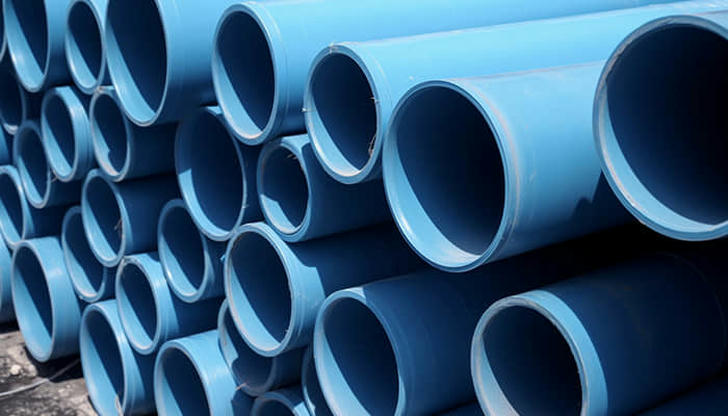
PVC pipes have gained immense popularity and widespread use in various industries and applications due to their numerous benefits and advantages. In this comprehensive discussion, we will delve into the world of PVC pipes, exploring their safety, durability, cost-efficiency, sustainability, and recyclability. By understanding these aspects, we can fully appreciate the value and versatility that PVC pipes bring to different sectors.
PVC pipe is safe.
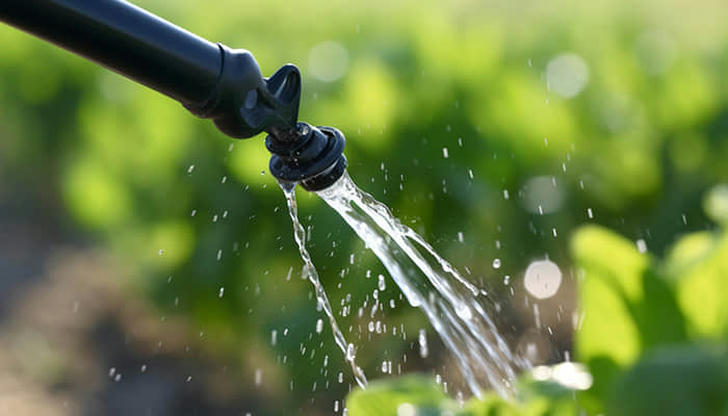
Safety is a paramount concern when it comes to any construction or plumbing material. PVC pipes excel in this regard, as they are designed to meet stringent safety standards. PVC, which stands for polyvinyl chloride, is a thermoplastic material known for its exceptional chemical resistance. It is non-toxic and does not contain harmful substances such as lead or phthalates. This makes PVC pipes safe for use in transporting drinking water, ensuring that the water remains clean and uncontaminated.
PVC piping is strong.
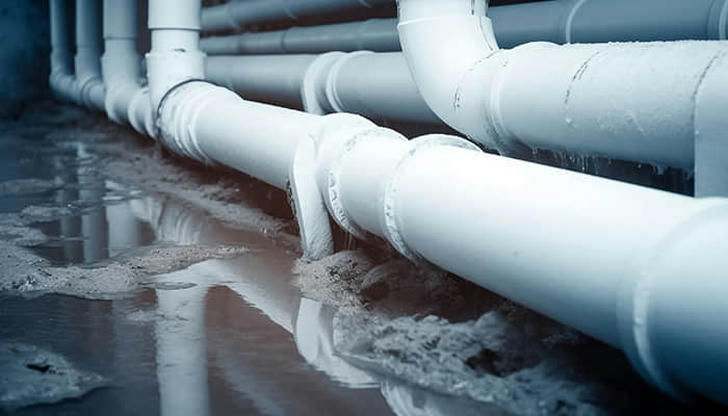
PVC pipes are renowned for their durability. They exhibit excellent resistance to corrosion, abrasion, and impact, making them highly suitable for both above-ground and underground applications. PVC pipes can withstand harsh environmental conditions, including extreme temperatures, sunlight exposure, and moisture. This inherent durability ensures that PVC pipes have a long lifespan, reducing the need for frequent replacements and maintenance.
PVC pipes are reasonably priced.
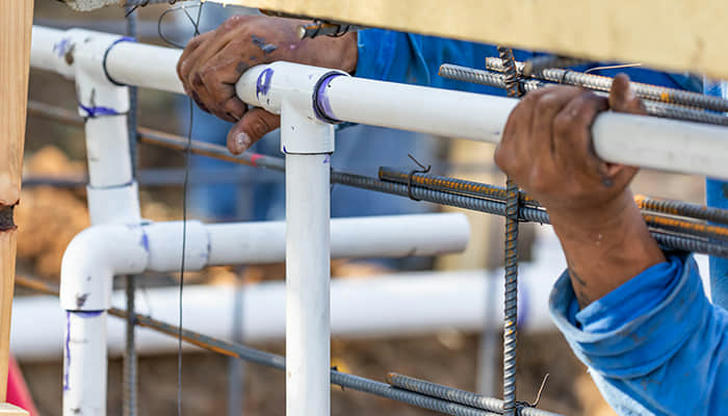
In addition to their safety and durability, PVC pipes offer significant cost-efficiency advantages. Compared to other piping materials, such as metal or concrete, PVC pipes are more affordable to produce, purchase, and install. Their lightweight nature simplifies transportation and handling, resulting in lower labor and logistical costs. PVC pipes also require minimal maintenance, contributing to long-term cost savings. Moreover, their excellent flow characteristics help reduce energy consumption in pumping systems, leading to additional operational savings.
PVC pipes are eco-friendly.
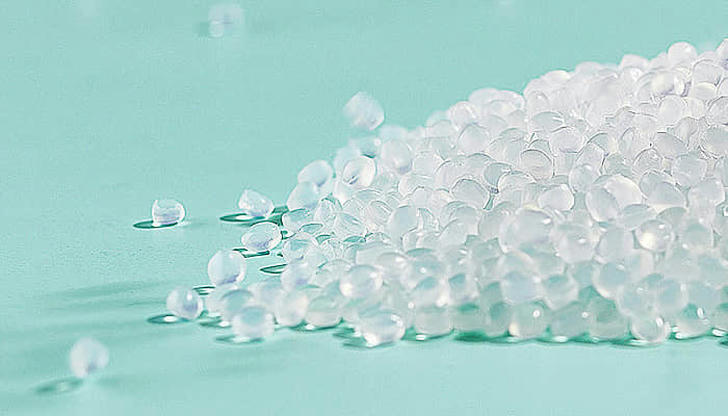
Sustainability is a critical consideration in today's world, and PVC pipes align with the principles of environmental responsibility. PVC, as a material, is derived from natural resources such as salt and fossil fuels. However, the manufacturing process of PVC pipes has significantly evolved over the years to minimize environmental impact. Energy-efficient production techniques and the use of recycled content have contributed to reducing the carbon footprint associated with PVC pipe manufacturing.
PVC pipes are recycled, and recycling rates are rising.
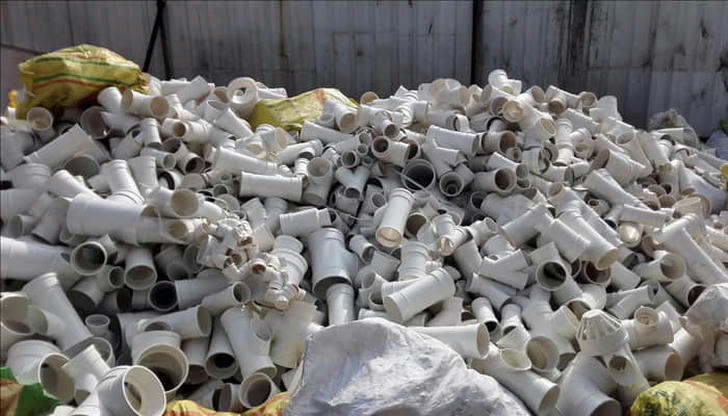
PVC pipes are recyclable and increasingly being recycled, enhancing their sustainability profile. When PVC pipes reach the end of their useful life, they can be collected, processed, and transformed into new PVC products through mechanical or chemical recycling methods. This circular approach promotes resource conservation and reduces waste generation. The recycling of PVC pipes not only diverts materials from landfills but also reduces the demand for virgin PVC, conserving natural resources.
It is worth mentioning that PVC pipes have found diverse applications across various industries. In the construction sector, they are used for plumbing systems, drainage systems, electrical conduits, and underground infrastructure. PVC pipes are also prevalent in the agricultural sector for irrigation, water supply, and drainage purposes. Additionally, they find use in the transportation of industrial fluids, chemicals, and wastewater.
In conclusion, PVC pipes offer a multitude of benefits that contribute to their widespread adoption and utilization. Their safety, durability, cost-efficiency, sustainability, and recyclability make them a preferred choice for a range of applications. Whether it's ensuring the delivery of clean drinking water, providing reliable infrastructure, or supporting environmentally conscious practices, PVC pipes continue to play a crucial role in modern society. With ongoing advancements in technology and a commitment to sustainable practices, PVC pipes will likely continue to evolve and meet the changing needs of various industries, while upholding their exceptional qualities.

